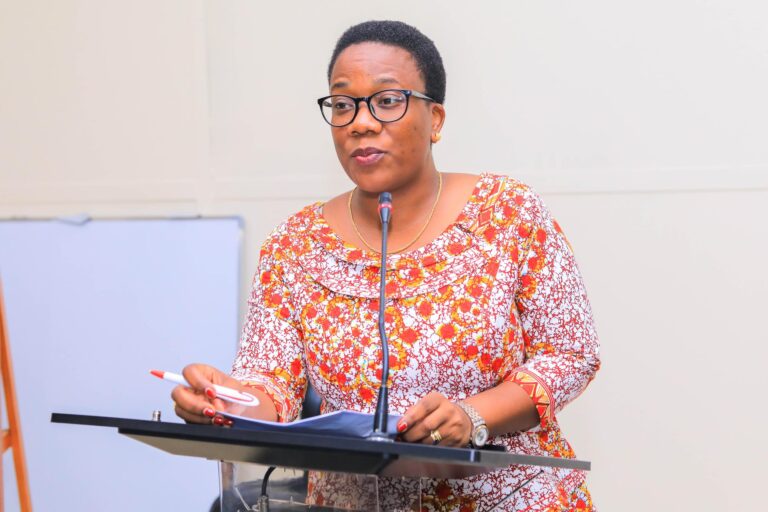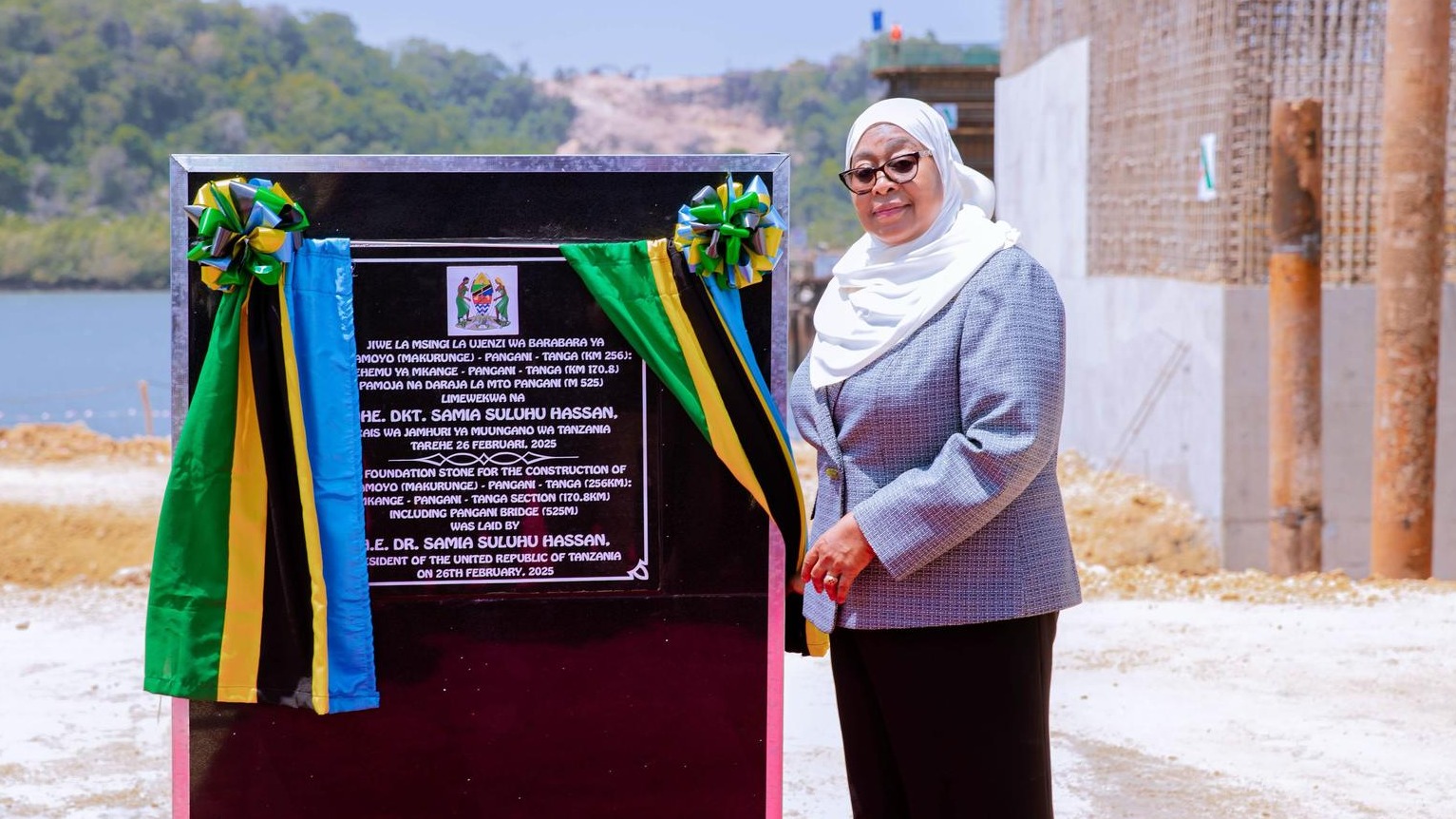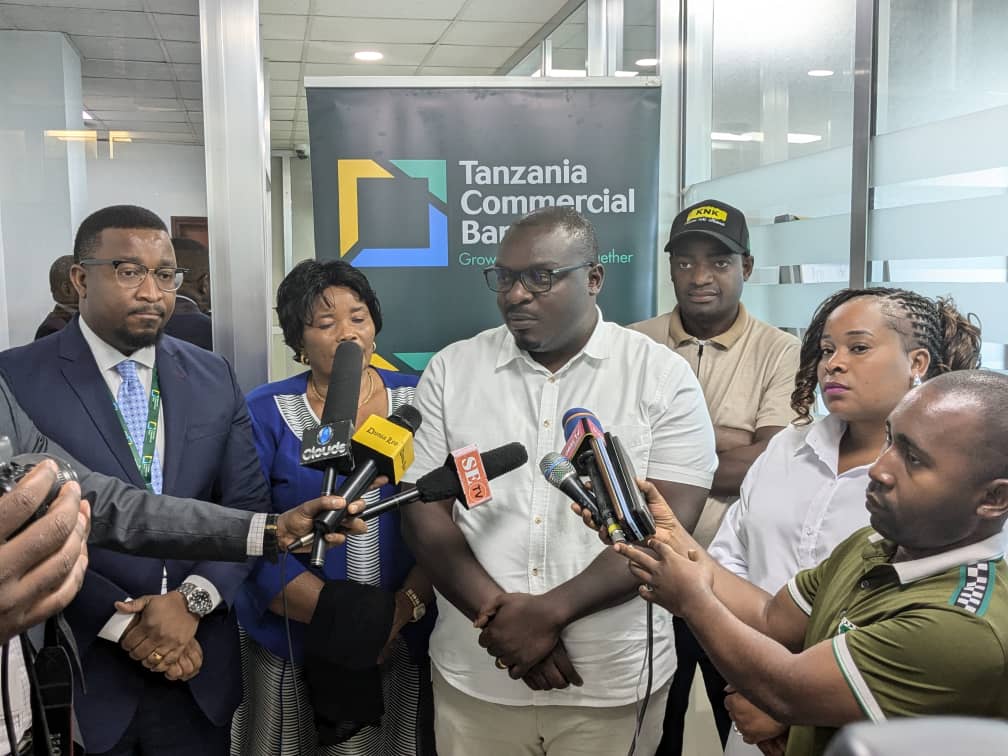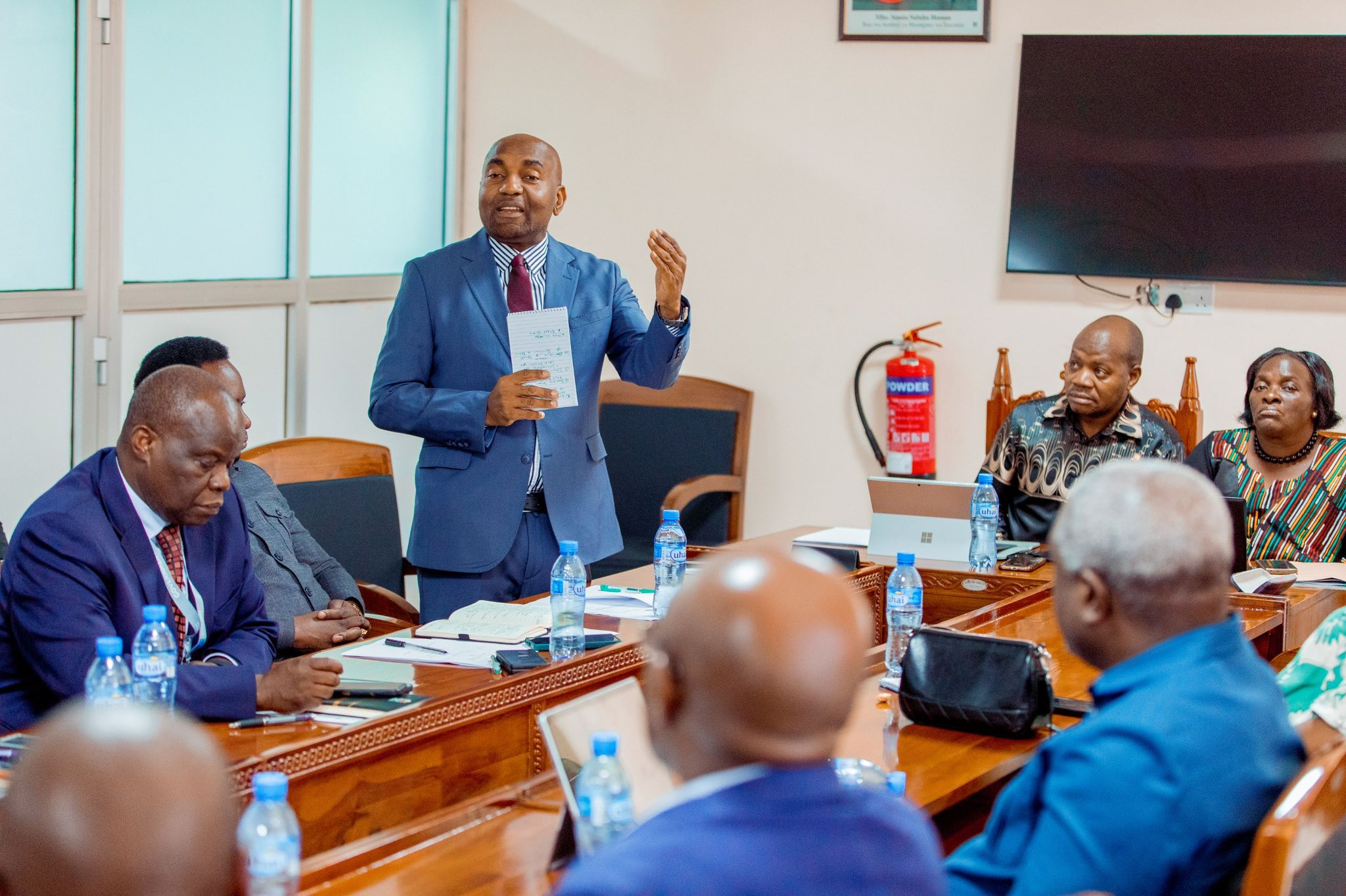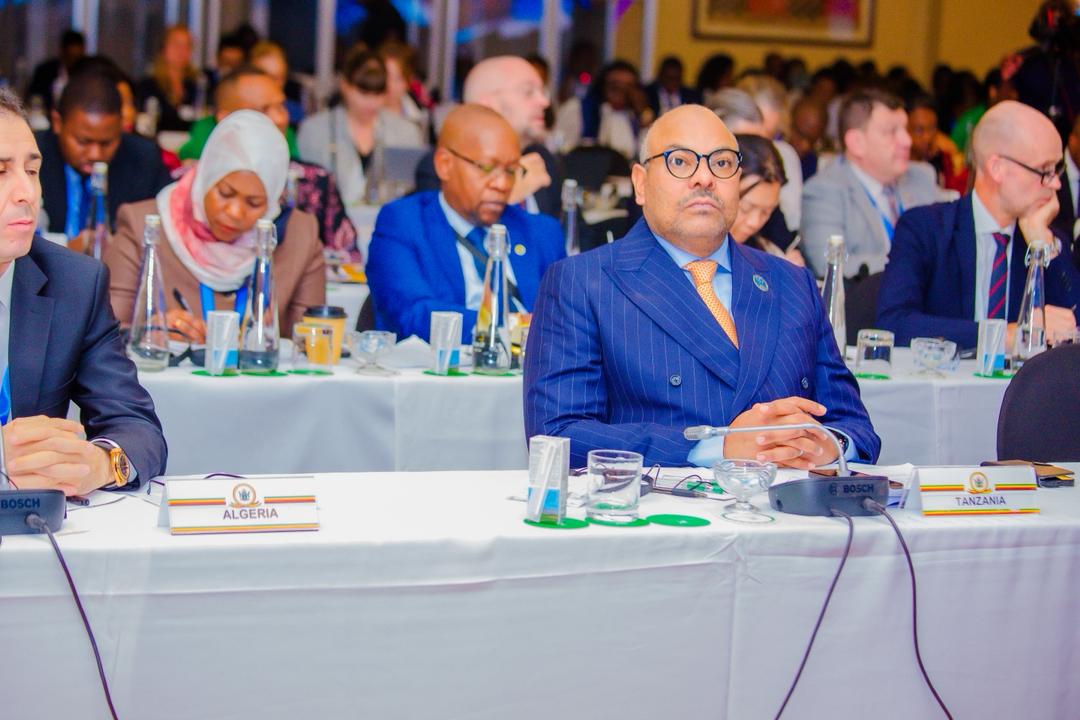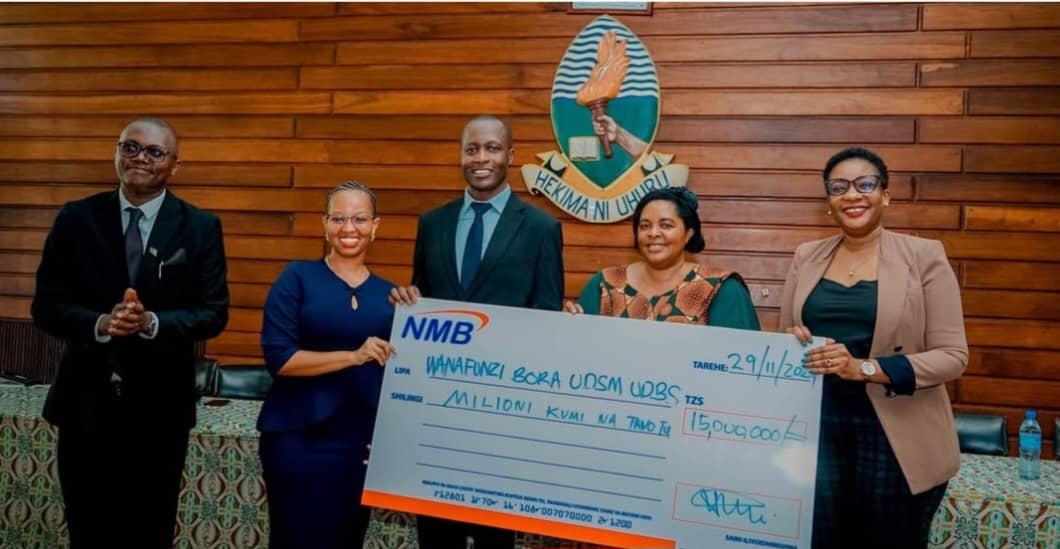Morogoro. The Tanzanian government plans to spend $77.4 million (approximately Sh208.9 billion) over the next six years to economically empower 260,000 poor farming and fishing households in 11 regions on the Mainland.
The initiative, which is part of the Agricultural and Fisheries Development Programme (AFDP), aims to build the capacity of vulnerable households—representing an estimated 1.3 million Tanzanians—through technical support and integration into financial systems, particularly the Tanzania Agricultural Development Bank (TADB).
The focus will be on improving productivity in both agriculture and fisheries.
The programme is being coordinated by the Prime Minister’s Office (Policy, Parliament and Coordination) in collaboration with the President’s Office – Regional Administration and Local Government (PO-RALG), which is responsible for implementation.
To facilitate smooth implementation, regional administrative secretaries from the targeted regions, along with district-level focal officers, have been convened in Morogoro to align understanding and operational frameworks.
Speaking during the opening of the workshop, PO-RALG’s director of Regional Administration, Ms Beatrice Kimoleta, called on public officials to strictly adhere to the guidelines and ensure that the allocated funds are used solely for the intended purposes.
“I must emphasise that these funds must not be misappropriated or diverted from the objectives set by the programme. The government expects tangible and positive outcomes. Any attempt to misuse even a single shilling would be an injustice to the intended beneficiaries. I do not expect anyone to tamper with the project funds,” she cautioned.
AFDP National Coordinator, Mr Salim Mwinjaka, named the 11 beneficiary regions as Morogoro, Manyara, Singida, Dodoma, Tabora, Mwanza, Lindi, Coast, Shinyanga, Geita and Tanga.
A total of 41 local government authorities will be involved in the programme.
He said the government envisions that, upon completion, the programme will have laid the groundwork for Tanzania to operate its own fishing vessels in the Indian Ocean, enhanced seaweed farming in Zanzibar, reduced post-harvest losses in fisheries, and improved access to quality seeds for crops such as maize, sunflower, and legumes.
In addition, he noted, the AFDP seeks to stimulate the establishment of fish feed manufacturing plants and improve the availability of high-quality fish fingerlings, thereby strengthening the aquaculture sector.
The programme is seen as part of broader efforts to strengthen inclusive food and nutrition systems in the country, in line with national development goals and global food security priorities.

